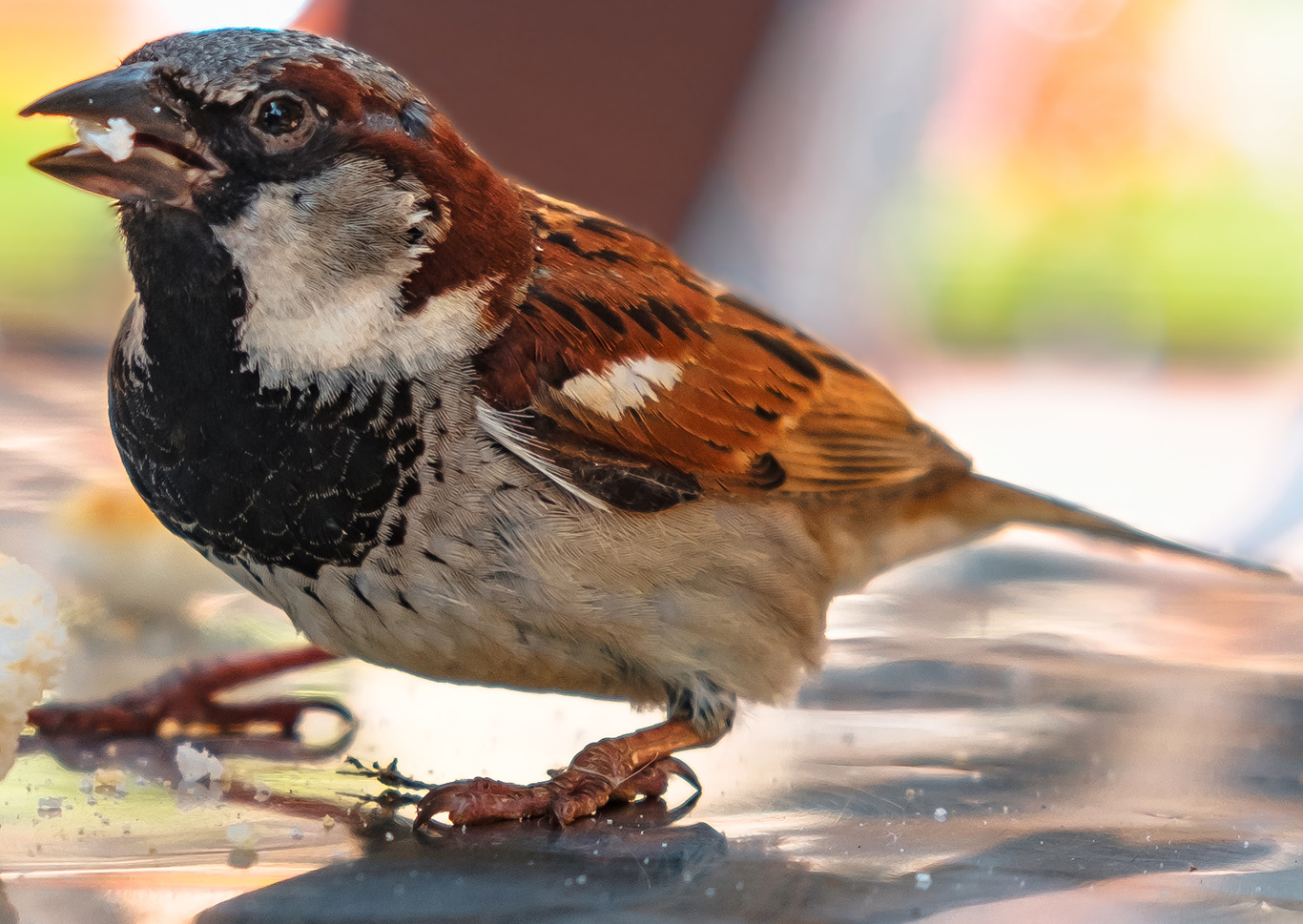Avian flu, also known as bird flu, is a type of influenza that primarily affects birds. However, certain strains of avian flu can also infect humans and other animals, causing serious illness and in some cases, death.
Avian flu viruses belong to the family Orthomyxoviridae, and there are several different subtypes of the virus. The H5N1 subtype is one of the most well-known and has caused significant concern among public health officials due to its high mortality rate in humans.
The primary way that avian flu spreads is through contact with infected birds or their secretions, such as droppings or saliva. Humans can also contract the virus through contact with surfaces contaminated with the virus or through consumption of infected poultry or eggs that are not cooked properly.
Symptoms of avian flu in humans are similar to those of regular flu, including fever, cough, sore throat, muscle aches, and headache. However, avian flu can also cause more severe respiratory illnesses such as pneumonia and acute respiratory distress syndrome (ARDS). People with weakened immune systems, the elderly, and children are more vulnerable to severe illness and death from avian flu.

Avian flu outbreaks have occurred in several countries, primarily in Asia and Europe. In 2003, an outbreak of H5N1 in humans in Asia led to concerns about a global pandemic. Since then, there have been sporadic outbreaks of avian flu in humans, but widespread transmission to humans has not occurred.
To prevent the spread of avian flu, public health officials recommend measures such as practicing good hygiene, avoiding contact with sick birds or their secretions, and properly cooking poultry and eggs before consumption. Vaccines are available for certain strains of avian flu, but their effectiveness in preventing illness in humans is still being studied.
In addition to the impact on human health, avian flu can also have significant economic consequences. Outbreaks in poultry farms can lead to the culling of large numbers of birds, causing financial losses for farmers and disrupting the global poultry industry.
Avian flu is a type of influenza that primarily affects birds but can also infect humans and other animals. While the risk of a global pandemic caused by avian flu remains a concern, there are measures that can be taken to prevent the spread of the virus and reduce its impact on human and animal health.
